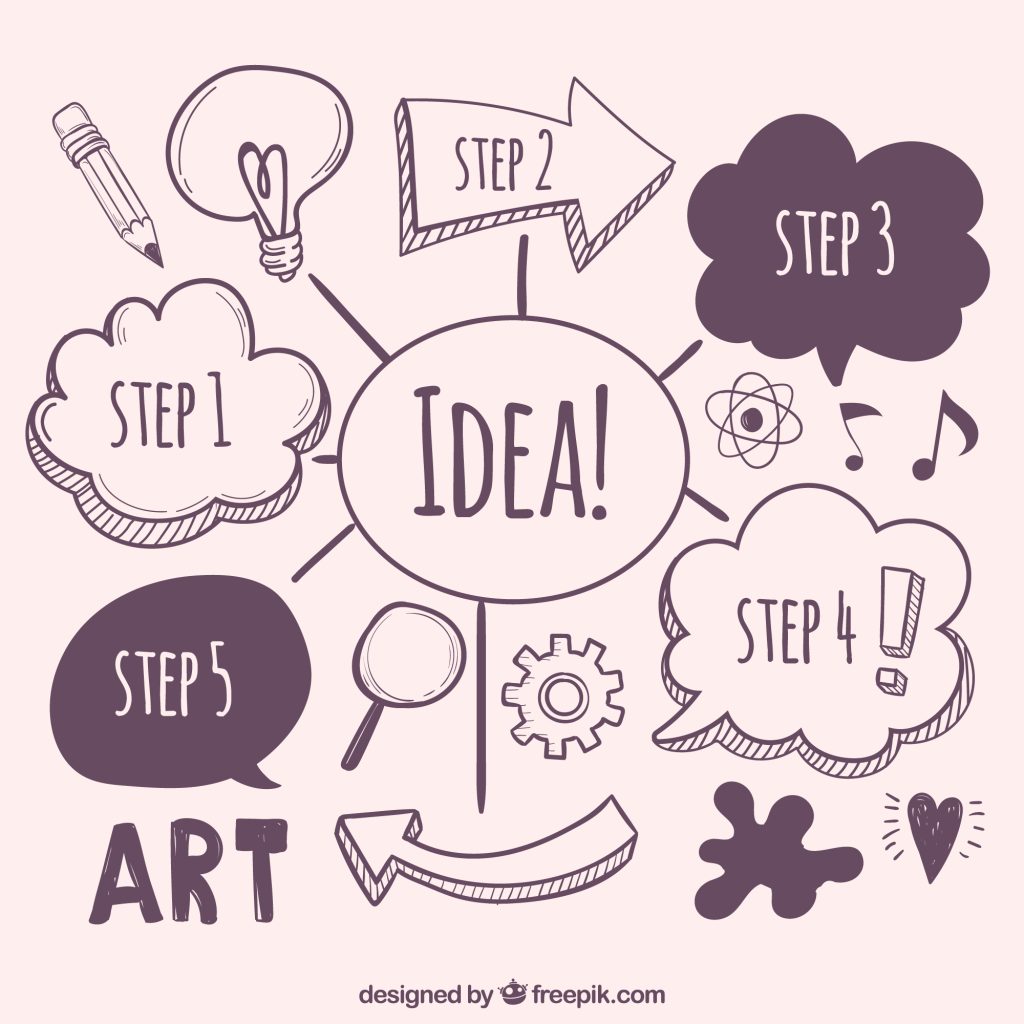When it comes to effective communication, using your voice is a powerful tool that often gets overlooked. By mastering the art of vocal communication, you can convey your message with clarity and impact. But how can you ensure that your voice is truly heard, understood, and respected?
Embrace Your Authentic Voice
The key to using your voice effectively is authenticity. Your voice is uniquely yours, and by embracing and owning it, you can establish a genuine connection with your audience. Whether you’re speaking in public, leading a team meeting, or simply engaging in a conversation, authenticity breeds trust and credibility.
Tone and Inflection Matter
The way you use your voice can significantly influence how your message is received. Pay attention to your tone and inflection, as they can convey emotions, intentions, and emphasis. Experiment with varying your pitch, volume, and pace to keep your audience engaged and captivated.
Harnessing the Power of Words
While your voice is a potent tool, the words you choose are equally important. Be intentional with your language, using clear and concise phrases to convey your message effectively. Avoid jargon and overly complex terms that may alienate your audience. Remember, simplicity is key to clarity.
Practice Makes Perfect
Like any skill, mastering vocal communication requires practice. Take the time to rehearse your speeches, presentations, or important conversations. Record yourself speaking and listen for areas of improvement. Seek feedback from trusted peers or mentors to refine your vocal delivery further.
The Impact of Your Voice
Your voice has the power to inspire, motivate, and influence others. By mastering vocal communication, you can effectively convey your message, connect with your audience, and leave a lasting impression. Embrace your voice as a tool for change and watch as your message resonates with clarity and conviction.










